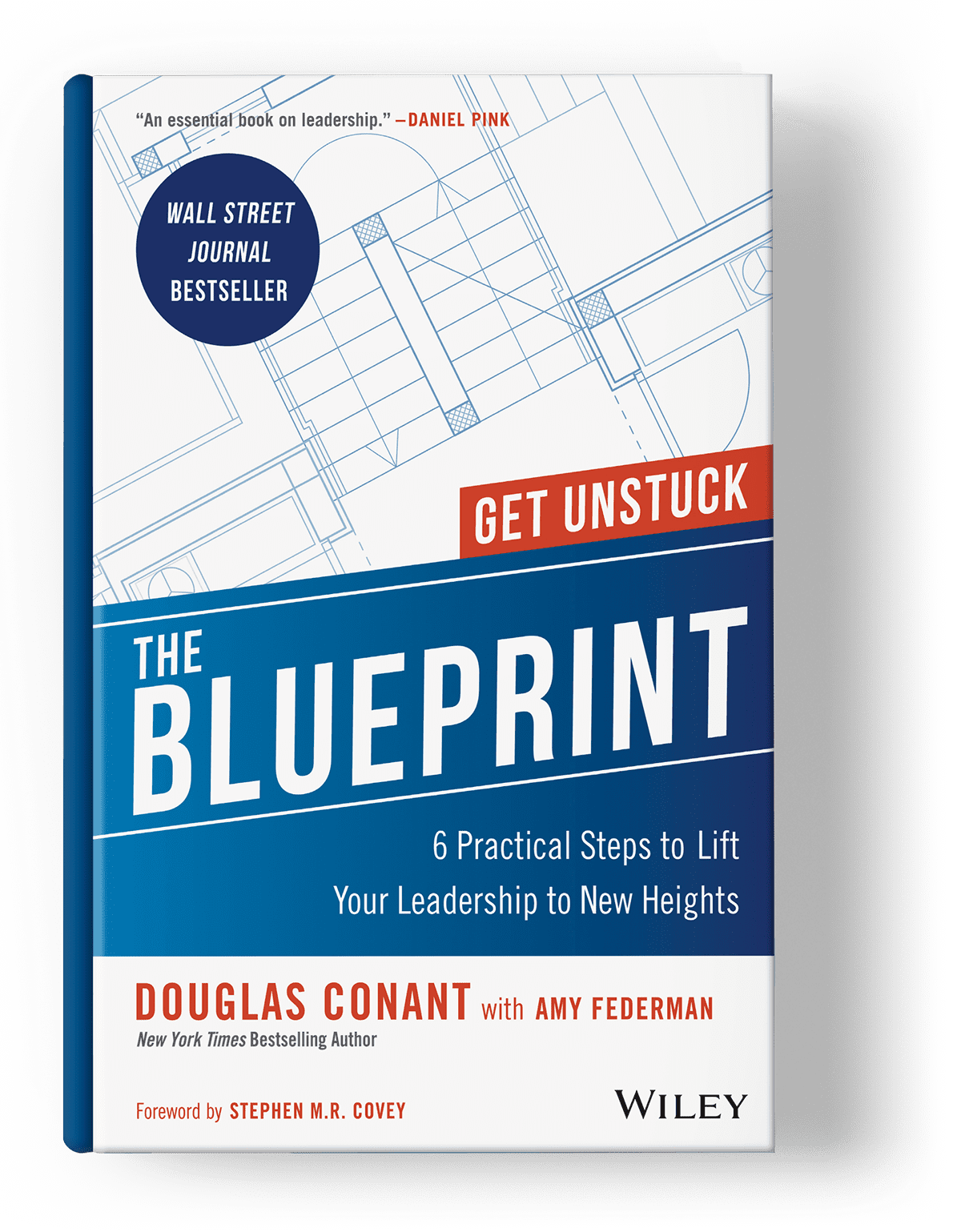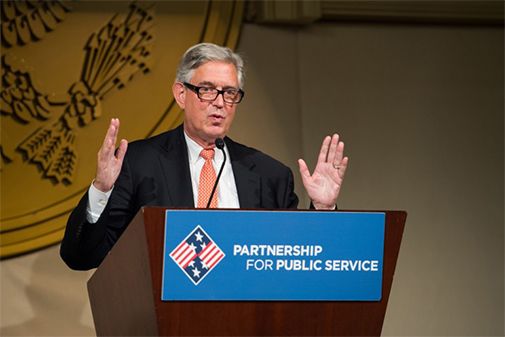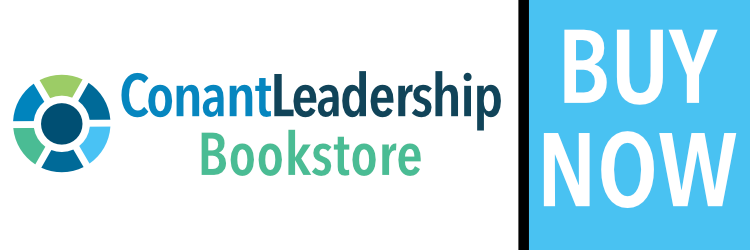Fascinating Leadership Links to Read Right Now
Today we dispatched the October edition of our Leadership That Works Newsletter, a curated digest of fascinating leadership links to read right now, sent at the end of each month. In this month’s fascinating leadership links: automate your habits, the science of transformations, understanding ‘outcome bias’, and more. As always, we’re sharing the articles from our newsletter here in case you’re not subscribed to our mailing list. If you like what you see, you can sign up to receive our newsletter here.
The Secret to Top Teams
In 2012, Google’s best organizational psychologists, statisticians, and engineers embarked on an initiative to understand why some teams perform better than others. After extensive study, they found that the most critical component to top workplace teams is a concept called “psychological safety,” a term coined by Harvard Business School professor, Amy Edmondson. Edmondson discovered and named the phenomenon in her groundbreaking 1999 study of high-performing medical teams. She discovered that—on paper—the best medical teams appeared to make significantly more mistakes than the worst ones because the rockstar teams felt comfortable reporting mistakes while the lackluster teams found ways to cover up errors. The superior teams existed in a culture of candor that allowed mistakes and facilitated innovation while the sub-optimal teams felt stifled and unsafe to voice concerns and try new things. To better understand and harness the power of this crucial asset, explore this captivating Hub Spot article with Edmondson’s four tips for cultivating psychological safety on your team.
**For more on creating top teams, read our post on the three things the best teams have.
Understanding ‘Outcome Bias’
What is “outcome bias?” It’s when we, “judge the quality of a decision or behavior by its endpoint, while ignoring the many mitigating factors that might have contributed to success or failure,” writes David Robson in this fascinating BBC article. This cognitive quirk is troublesome because it can, “render us oblivious to potentially catastrophic errors in our thinking.” Even worse, it may “lead us to ignore incompetence and unethical behavior in our colleagues.” To learn more about this cognitive bias, and protect yourself against it, read the full article here.
The Four Phases of Critical Thinking
According to recent studies, critical thinking skills are grossly lacking in today’s workplaces. Part of the reason is, “there is little agreement around what critical thinking is,” writes Matt Plummer in this Harvard Business Review piece. To combat this lack of clarity, Plummer’s team synthesized takeaways from three research-backed critical thinking models to create a four-phased critical thinking roadmap. Each phase is broken down into actionable detail here and can help you and your team assess and develop a skill that is in ever-higher demand.
**For more on ways of thinking, explore our posts on the gratitude and growth mindsets.
Automate Your Habits
There is widespread awareness of automation and its impact on nearly every corner of commerce from manufacturing to digital marketing. But what does automation mean in the context of habit-building? Automating the development of new habits requires tacking, “your new habit onto an existing habit” writes Aisha Beau in this interesting Fast Company post. For example, to kickstart your nest egg without having to make large, seemingly overwhelming deposits, “try transferring five dollars to your savings account each time you buy lunch.” Small changes, rather than gargantuan undertakings, are what make habits stick so you can reach your goals. To get started on automating your habits, read the three step-by-step tips in the post here.
‘Transformatics’: the Science of Transformations
Transformations, according to this comprehensive McKinsey article, are defined as, “an intense, well-managed, organization-wide program to enhance performance and to boost organizational health.” They’re large in scale, usually urgent, and always somewhat daunting. Not surprisingly, they don’t always go as planned. To help senior leaders increase their chance of success with transformations, McKinsey measured their data set gleaned from “more than 200 large transformations stretching back nearly a decade.” This analysis, appropriately dubbed, “transformatics”, revealed four key indicators that are statistically shown to buoy financial performance and overall organizational health. Tasked with transforming your organization? Study the four research-backed indicators in the full article here.
**For more on transformations, check out our 3 small ways to make big change.
Happy Employees, Happy Shareholders
“In a service-based economy, it makes sense that focusing on worker morale,” might be a fruitful strategy, argues this recent Economist post. While the results are not definitive, two recent studies produced evidence that, “happier workers are good news for shareholders, as well as productivity.” The studies are interesting enough to suggest that companies would be wise to consider, “the merits of a contented workforce”– if not for altruism’s sake, for the health of the corporate coin purse.
Enjoyed these links? Check out our recent link roundups from September, August, and July.
Explore our suite of leadership resources here. Or, join our mailing list here.
Ready to take your leadership to the next level? Attend one of our upcoming 2-day leadership Boot Camps, taught personally by our Founder, Doug Conant, the only former Fortune 500 CEO who is a NYT bestselling author, a Top 50 Leadership Innovator, a Top 100 Leadership Speaker, and a Top 100 Most Influential Author in the World. It’s 2 days of in-person training, a lifetime of results: conantleadership.com/bootcamp
(Photo by AbsolutVision on Unsplash)

“Doug Conant is remarkable—and so is this work.“
– Stephen M. R. Covey
Author of The Speed of Trust

The Blueprint
6 Practical Steps to Lift Your Leadership to New Heights
By Douglas Conant with Amy Federman

Have Doug Speak at Your Event
Doug works collaboratively with event organizers to customize his material for each audience.



0 Comments